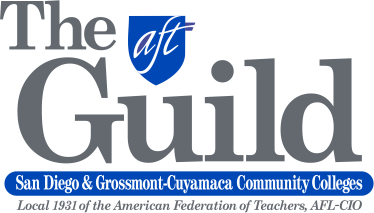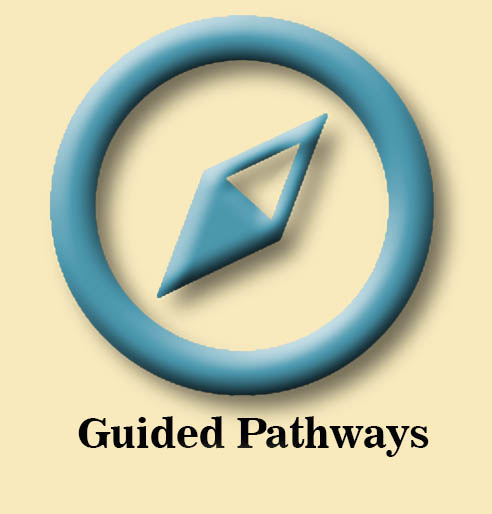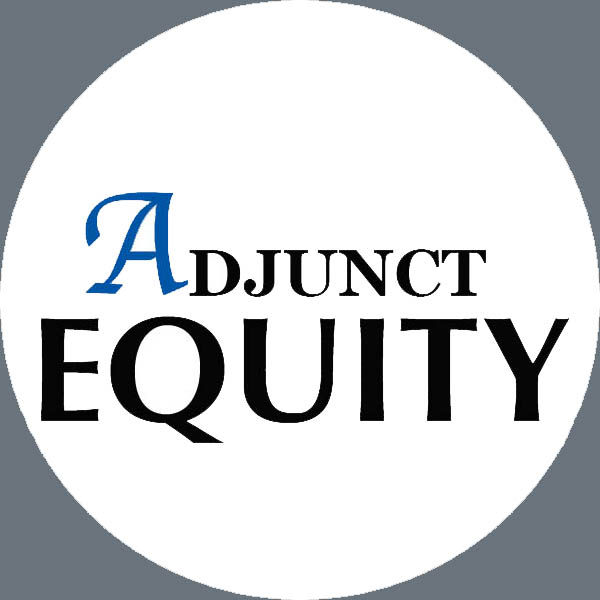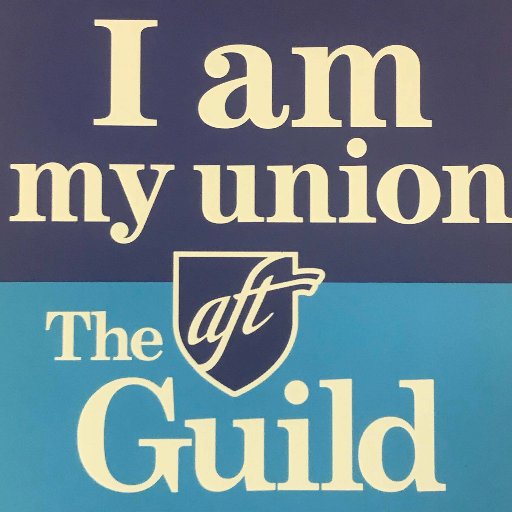Classes start today at San Diego City College, and while I am always happy to meet a new group of students, the unfortunate fact is that there are increasingly fewer of them at our colleges. City College is up a tad in terms of enrollment compared to other colleges in the region but, overall, the trend is not good. As the Los Angles Times recently reported, the statewide enrollment numbers for community colleges are down significantly:
California’s fall 2021 undergraduate enrollment dropped by nearly a quarter-million students since pre-pandemic fall 2019, according to a survey released Thursday.
The report from the National Student Clearinghouse shows that California saw an overall decline of more than 99,000 — or 4.3% — in undergraduate enrollment from fall 2020 to fall 2021, driven largely by a 9.9% drop in community colleges.
Doug Shapiro of the NSC notes in the same LA Times piece that, “Our final look at fall 2021 enrollment shows undergraduates continuing to sit out in droves as colleges navigate yet another year of COVID-19 . . . Without a dramatic reengagement in their education, the potential loss to these students’ earnings and futures is significant, which will greatly impact the nation as a whole in years to come.”
And it’s not just here in California where the numbers of college students are declining. A Washington Post story last week observed that the flight from college is occurring across the United States and has the potential to do great harm to the country:
Slower economic growth. Continued labor shortages. Lower life expectancy. Higher levels of divorce. More demand for social services, but less tax revenue to pay for it.
A sharp and persistent decline in the number of Americans going to college — down by nearly a million since the start of the pandemic, according to newly released figures, and by nearly 3 million over the last decade — could alter American society for the worse, even as economic rival nations such as China vastly increase university enrollment, researchers warn.
“It is a crisis, and I don’t think it’s widely recognized yet that it is,” said Jason Lane, dean of Miami University’s College of Education, Health and Society.
If left unabated, this loss of college educated Americans is likely to result in more poverty, a less robust tax base, intensified social problems, and an erosion of democracy. As the Washington Post piece outlines, the growing educational attainment gap “could also worsen existing divisions over politics, socioeconomic status, race and national origin” and roll back much of the progress that has been made in the United States. Higher education scholar Awilda Rodriguez, also notes in the Post story that, “The gains that we made in reducing class-based and racial inequality are being wiped away.” When the conservative Supreme Court rules against affirmative action in higher education, as many observers think likely, those inequities will be made even worse.
Beyond the wages of the pandemic, several other key factors loom large in driving declining enrollments. Front-and-center among these is affordability with skyrocketing costs making many young people and their families ponder whether it is worth it to get into debt to get a college degree. Along with this, American higher education faces ongoing equity issues, and, in many states, funding continues to be a problem.
Add to this list the relentless ideological assault on education from the Right. Attacks on everything from “political correctness” to a myriad of culture war targets has led an astounding two thirds of Republicans to tell pollsters (insert link: https://www.academicbriefing.com/marketing/why-republicans-distrust-higher-education-and-what-we-can-do-about-it/) that they have little confidence in colleges and universities. The numbers are nearly the inverse on the other side of the political spectrum, and those on the left who distrust institutions of higher education are far more likely to cite cost and/or corporate influence.
Despite these problems, it is true that, in most cases, those with a college degree, whether it is an associate’s or bachelor’s, earn significantly more than high school graduates and have better health and personal outcomes on the whole. In terms of social policy, it is also important to note that college-educated citizens are more likely to participate in the democratic process. Thus, a good way to both fight inequality and have a healthier democracy is to encourage more rather than less higher learning.
In response to the enrollment crisis in community colleges in California, Governor Newsom has allocated $150 million in this year’s budget for recruitment efforts for first time students. Beyond this, however, we need to keep pushing for free college for all and student debt relief so the ticket to the American middle class is truly an option for everyone. There will always be those who cry about the price tag of such initiatives, but the costs of allowing this trend to continue and/or deepen will only increase economic, racial, and other inequities in our already deeply unequal and increasingly divided and unenlightened country.
It the 21st century higher education for all who want it should be a basic right.






0 Comments